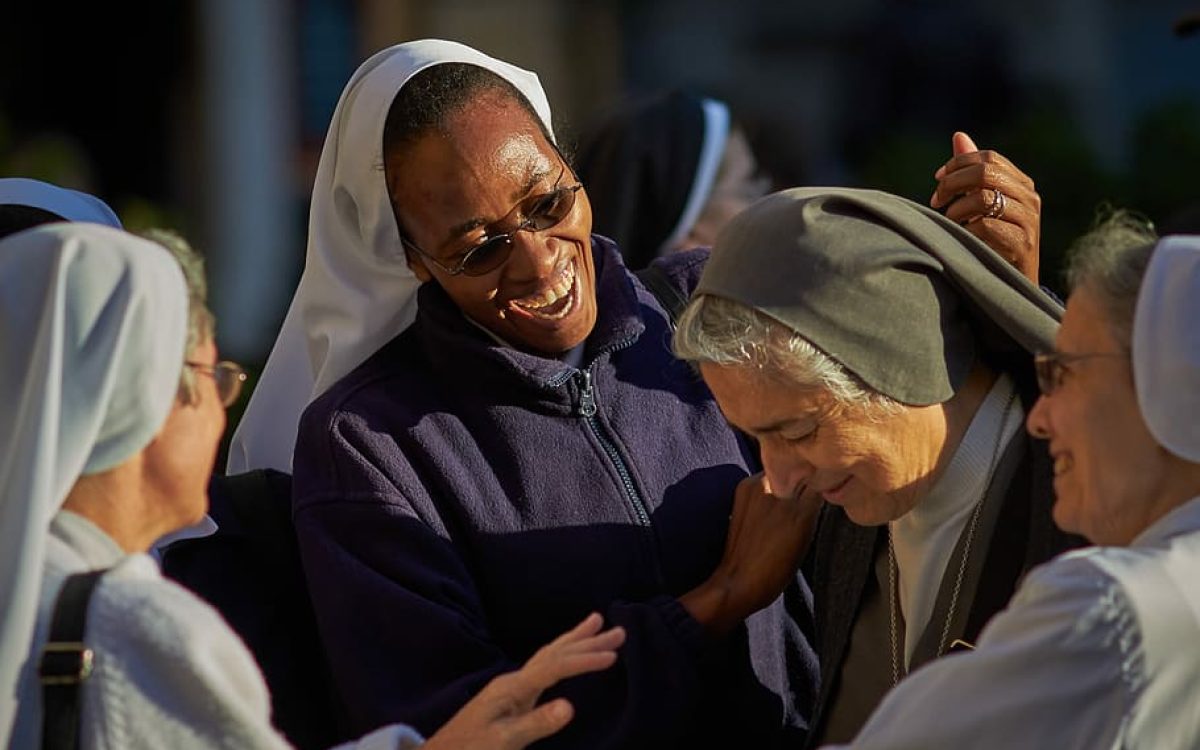In her book “Dressed for a Dance in the Snow”, Monika Zgustavo narrates the story of Zayara Vesyolaya and eight other women who survived the Soviet labour camp at Gulag. At the beginning of her book, she insisted on letting the world hear the stories of these incredible women. She wanted to make sure they are known by their names because, according to her (which is obvious), the world does not generally name women in history.
Monika tells us how Zayara Vesyolaya struggled to reconnect with reality upon coming out from the labour camp. And one of the greatest problems she had was discovering how no one understood her new world, shaped by her struggles to survive and the inhuman maltreatment inflicted on them at the Gulag camp. She was so wounded that she couldn’t even tolerate seeing people happy around her. She was appalled that the entire society kept on living like Gulag Camp was not a reality.
The experience of Zayara Vesyolaya is a typical example of what is often seen as a form of a post-trauma sequel. It’s usually the consequences of events that negatively affect us in a way that left us wounded and traumatized.
In the case of the women in Dressed for a Dance in the Snow, it was a trauma sustained in a labour camp, but it could also be in other institutions. However, the originality of Monika Zgustavo’s work is that she gave a face and a name to these women. She said, let us “Say Her Name!”
 Today, I want to say the name of one of those young ladies who are victims of an institution that was meant to form and protect them. Today, we will talk about Sister Ijeoma. Sister Ijeoma joined a religious congregation when she was just 19 years old. All she wanted was to serve God and humanity in a religious community that promised to bring her close to God.
Today, I want to say the name of one of those young ladies who are victims of an institution that was meant to form and protect them. Today, we will talk about Sister Ijeoma. Sister Ijeoma joined a religious congregation when she was just 19 years old. All she wanted was to serve God and humanity in a religious community that promised to bring her close to God.
Ijeoma was convinced of her vocation and faith in God. She was ready to obey her superiors and community leaders. And though she did everything she could to be the better her, the community leader was bent on making her feel inferior. She reminded her that she was feeding her, allowing her to become a woman. And in the midst of these,
Sr Ijeoma and her colleagues hardly eat to their satisfaction. They were surely informed that they cannot choose what they wanted to eat. And any day that either Ijeoma or some other sisters who were not in the good book of the superior failed to abide by the multitude of written and unwritten laws, they were made to sleep with an empty stomach.
One day, Sr Ijeoma couldn’t bear the repeated insults and the continuous berating she continued to receive both from the superior and her acolytes, and she exploded. And after being made to ask for pardon, it was used against her publicly; she got annoyed and aired her mind. And while she was going through all these, other sisters who felt they were enjoying the superior’s grace kept ignoring her difficulties. They pretended like they never saw her pains.
Even when the young lady who came in timidly started growing wings to survive the hard environment that has become her reality, they never saw her. She was invisible, and her pains were ignored by all. And though she tried to please everybody, hoping to belong, they all systematically silenced her, afraid to incur the wrath of their superior. And within those years, Sr Ijeoma received a lot of psychological harassment that left her insecure and traumatized.
Today, at 39, she is still battling with insecurity, unsure of what matters, while the Mother General keeps praying for a just world and against corruption in Nigeria.






